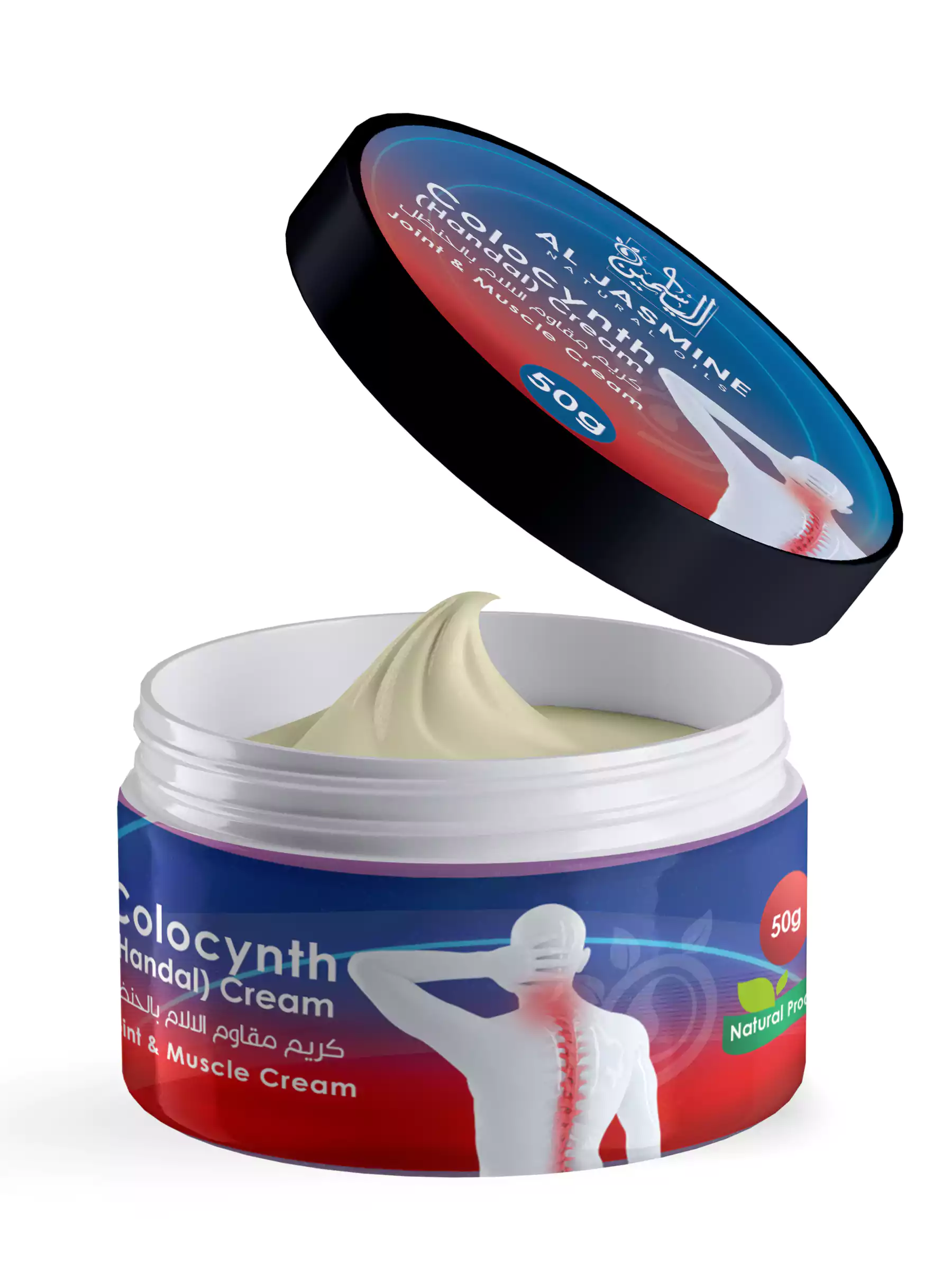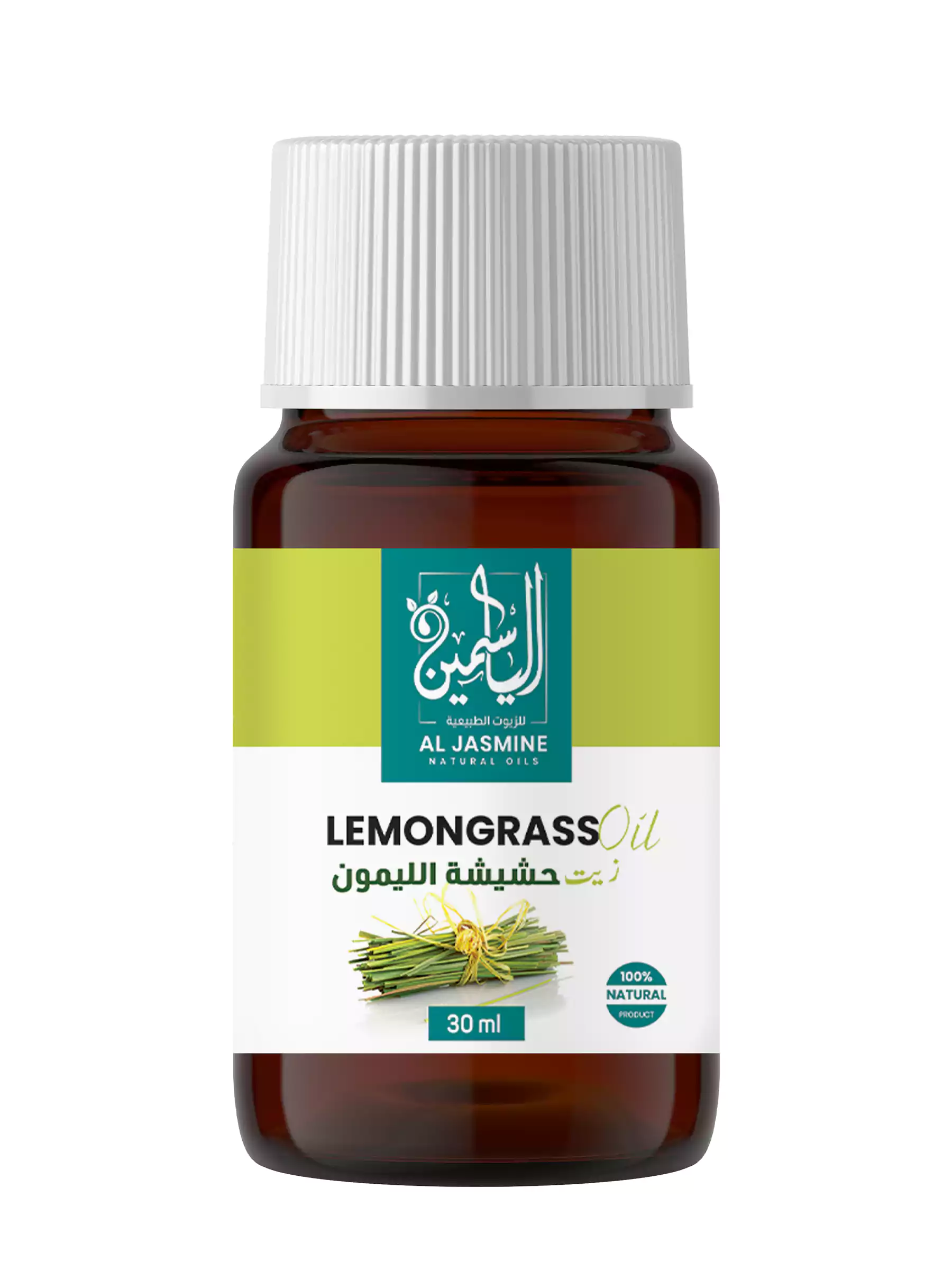Black Seed Oil
Black Seed Oil
Black seed oil is traditionally used to treat a variety of conditions related to the respiratory and digestive system, cardiovascular system, liver and kidney function, reproductive organs, and improve general health.
Research results have confirmed the powerful immunomodulatory activity of black seed oil, which is important for the prevention and treatment of many bacterial and viral infections, as well as an adjunctive treatment for oncology.
Scientists have compared the effects of black seed oil with the 5 best antibiotics, but unlike them, black seed oil has no harmful side effects on the body.
Rucola Seed oil
Rucola seed oil is truly unique, and it is rich in health benefits for the body, both internally and externally. This oil strengthens muscle tone, restores cartilage tissue and improves joint mobility. As a natural source of energy it helps to increase stamina. Increases male potency and self-esteem. A natural panacea for hair loss, and one of the best remedies for weight loss.
Pumpkin Seed Oil
Pumpkin seed oil is indispensable for those who are looking to adopt a healthy lifestyle, as it is a rich source of nutrients for a healthy diet, as well as a natural cure for many diseases. It contains a perfectly balanced composition of polyunsaturated fatty acids, vitamins and minerals. Regular consumption of this oil will help a person of any age to strengthen their immunity and protect their body from many diseases.
Fenugreek (Helba) Oil
Fenugreek oil is mainly known for the prevention and treatment of female diseases. In almost all eastern countries, women use natural fenugreek oil to restore the body after childbirth, to stimulate lactation and to relieve menstrual pain. But this oil is also beneficial for men, as it influences testosterone levels.
Fenugreek oil is a magical remedy to reduce the risk of future diseases caused by inflammation and hormone deficiency.
Pain Relief Oil
Pain Relief Oil is a composition of specially selected oils with strong anti-inflammatory and analgesic effects. It combines rapid pain relief and long-lasting therapeutic therapy. Helps with almost any disease of the joints, muscles, bones and nerve endings, relieves tissue swelling and increases blood flow. Does not have a warming effect.
Lettuce Seed Oil
Lettuce seed oil has soothing properties and can help treat sleep disturbances and depression. It effectively helps with inflammation of the nerves, pain in the nerve endings, phantom pain, and relieves spasms and cramps in the muscles. It is an aphrodisiac, and promotes the production of sex hormones.
Carrot Seed Oil
Carrot seed oil is extremely beneficial for the healthy functioning of the body. Moreover, it is useful for both internal and external use. It is a source of carotenoids, which are converted into vitamin A in the liver. Vitamin A regulates metabolic processes in the body, increases resistance to infections, and improves tissue respiration. Therefore, the use of carrot seed oil gives the body energy and strength, and regulates carbohydrate metabolism. Carrot seed oil and health are inseparable.
Handal ointment (Colocynth)
Colocynth is a desert plant whose fruits resemble small pumpkins. It is used to make an ointment for external use only.
Handal ointment is a 100% natural product containing only natural ingredients. It is an extremely effective pain reliever and anti-inflammatory agent for relieving pain and inflammation in joints, muscles and bones.
Walnut Oil
Walnut Oil: A Nutrient-Rich Elixir
Walnut oil is a powerhouse of nutrients that offers a plethora of health benefits for individuals of all ages, making it a remarkable addition to any diet. Known for its unique combination of fatty acids, vitamins, and antioxidants, this oil stands out among vegetable oils.
Nutritional Profile
- Rich in Omega Fatty Acids: Walnut oil is particularly high in omega-3 fatty acids, which are essential for brain health, heart health, and reducing inflammation. The presence of omega-6 and omega-9 fatty acids also helps to maintain a healthy balance of fats in the body.
- Coenzyme Q10: This powerful antioxidant plays a vital role in energy production within cells and helps protect against oxidative stress. Coenzyme Q10 is known for its potential to improve heart health and reduce the risk of chronic diseases.
Health Benefits
- Cognitive Enhancement: Walnut oil has been linked to improved memory and concentration, making it an excellent choice for students and professionals alike. The omega-3 fatty acids contribute to brain health, supporting cognitive function and potentially reducing the risk of neurodegenerative diseases.
- Heart Health: The oil’s high content of unsaturated fats can help improve cholesterol levels, reducing LDL (bad cholesterol) and increasing HDL (good cholesterol). This, in turn, lowers the risk of cardiovascular diseases.
- Anti-Inflammatory Properties: Walnut oil possesses anti-inflammatory properties that can be beneficial for individuals suffering from conditions like arthritis. Regular consumption may help reduce inflammation throughout the body.
- Skin and Hair Health: Walnut oil is also great for topical application. It can help moisturize the skin, reduce signs of aging, and improve skin elasticity. When used in hair care, it can enhance shine and hydration.
- Digestive Health: Incorporating walnut oil into the diet may support healthy digestion due to its beneficial fats that aid in the absorption of nutrients.
Usage Tips
- Culinary Uses: Walnut oil has a rich, nutty flavor and can be used in salad dressings, drizzled over vegetables, or added to soups and stews. It’s best used in cold preparations to preserve its nutritional properties.
- Topical Application: When using walnut oil for skin or hair, it’s advisable to perform a patch test first. It can be used alone or blended with essential oils for ultimate skin benefits.
In summary, walnut oil is a nutrient-dense oil that caters to various health needs, from enhancing cognitive function to promoting heart health and supporting beautiful skin. Its blend of omega fatty acids and antioxidants makes it a unique and beneficial addition to both culinary and wellness practices. However, as with any supplement or oil, moderation is key, and it’s always best to consult with a healthcare professional before making significant changes to your diet.
Lemongrass Essential Oil
Lemongrass oil, derived from the leaves and stalks of the lemongrass plant (Cymbopogon citratus), is an aromatic essential oil belonging to the Poaceae family, commonly known as the grass family. This oil has gained popularity not only for its refreshing citrus aroma but also for its numerous health benefits, making it a valuable addition to holistic wellness practices.
Aromatic Properties and Mental Well-being
Lemongrass oil is particularly renowned for its uplifting and invigorating scent, which can significantly enhance mood and promote emotional well-being. When diffused in a room, its zesty fragrance can help alleviate feelings of anxiety and stress, fostering a sense of calm and relaxation. Studies suggest that the inhalation of essential oils like lemongrass can lead to reduced cortisol levels in the body, the hormone closely associated with stress, thus supporting the nervous system’s overall health.
In aromatherapy, lemongrass oil is often used to heighten mental clarity and concentration. Many individuals find that a few drops in a diffuser or a personal inhaler can enhance focus and promote alertness during tasks that require mental acuity. It serves as a natural mood booster, potentially helping to combat feelings of fatigue and lethargy.
Respiratory Health Benefits
Another significant application of lemongrass oil is its ability to support respiratory health. The oil’s anti-inflammatory and antimicrobial properties can help clear the airways and support healthy breathing. When diluted and applied topically or used in inhalation, lemongrass oil may relieve respiratory ailments such as colds, coughs, and sinus congestion.
Its expectorant qualities help to expel mucus from the respiratory system, making it beneficial for those suffering from bronchitis or other respiratory issues. Additionally, the oil’s soothing properties can reduce irritation in the throat and chests, making breathing easier and more comfortable.
Pain Relief and Reducing Discomfort
Lemongrass oil is often used in massage therapies for its pain-relieving properties. When diluted with a carrier oil and massaged into the skin, it can help alleviate muscle soreness, joint pain, and tension. Its analgesic nature makes it a popular choice for those dealing with chronic pain conditions, providing a natural alternative to over-the-counter pain medications.
Moreover, lemongrass oil has been linked to headache relief. When applied to the temples and the back of the neck, its calming aroma and soothing properties can help reduce the intensity of headaches and migraines, making it a natural remedy for tension-related discomfort.
Combating Fatigue and Fever
Lemongrass oil is also reputed for its ability to combat fatigue. Whether it’s due to a hectic lifestyle, prolonged periods of work, or simply feeling worn out, a whiff of lemongrass can invigorate the senses and rejuvenate the spirit. This makes it a popular choice for aromatherapy sessions aimed at restoring energy levels.
In addition, the oil’s antimicrobial properties can be beneficial in combating underlying causes of fever. When used in a diluted form and applied topically, it can help to bring down elevated body temperatures, offering a soothing effect to those experiencing feverish symptoms.
In conclusion, lemongrass oil is a versatile essential oil with an array of health benefits that extend beyond its delightful scent. From enhancing mood and mental clarity to providing relief from respiratory issues, headaches, and fatigue, its uses are as varied as its applications in wellness routines. As with any essential oil, it’s crucial to use lemongrass oil responsibly—diluting it properly and performing a patch test when applying topically. With its holistic benefits, lemongrass oil stands out as a natural remedy that can contribute positively to both mental and physical well-being, and incorporating it into your daily routine can lead to a more balanced, healthy lifestyle.
Sesame Oil
Sesame oil, derived from sesame seeds (Sesamum indicum), is one of the oldest oils used in cooking and traditional medicine. This oil not only stands out for its rich, nutty flavor but also for its impressive nutritional profile, particularly its remarkably high calcium content compared to other edible oils. As a leader in calcium content among natural oils, sesame oil offers numerous health benefits, making it a valuable addition to one’s diet.
Nutritional Benefits of Sesame Oil
Sesame oil is packed with essential nutrients, including vitamins and minerals, that contribute to overall health. It is an excellent source of antioxidants, particularly sesamol and sesamin, which help to combat oxidative stress in the body. These antioxidants protect cells from damage and may reduce the risk of various chronic diseases.
In addition to its antioxidant properties, sesame oil contains healthy fats, primarily monounsaturated and polyunsaturated fats. These fats are known to support heart health by helping to lower bad cholesterol levels and promoting good cholesterol levels in the bloodstream. The presence of omega-6 fatty acids also contributes to cardiovascular benefits, making sesame oil a heart-healthy option.
Bone Health and Disorders
One of the standout features of sesame oil is its high calcium content. Calcium is essential for maintaining strong bones and teeth and is a crucial nutrient for preventing and managing various bone disorders. Due to its rich calcium profile, sesame oil is particularly beneficial for individuals suffering from conditions such as osteoporosis, osteochondrosis, arthritis, and other musculoskeletal disorders.
Osteoporosis, a condition characterized by weakened bones and an increased risk of fractures, can be mitigated by incorporating calcium-rich foods into one’s diet. The regular use of sesame oil can be an effective strategy to boost calcium intake and support bone health. Moreover, sesame oil’s anti-inflammatory properties can help alleviate pain and inflammation associated with these conditions, promoting better mobility and quality of life.
Dental and Oral Health
Beyond its benefits for bone health, sesame oil is also reputed for its positive effects on oral health. It has been traditionally used in oil pulling, a practice that involves swishing oil in the mouth to remove toxins and improve oral hygiene. Regular oil pulling with sesame oil can help reduce the risk of periodontal disease and periodontitis by promoting healthy gums and preventing the buildup of plaque.
Skin and Hair Care
Sesame oil is not just beneficial when consumed; it also has numerous applications in skincare and hair care. Its moisturizing properties make it an excellent oil for hydrating the skin, improving skin elasticity, and reducing signs of aging. The antioxidants present in sesame oil help to protect the skin from environmental stressors and promote a radiant complexion.
For hair care, sesame oil can enhance shine and nourishment. It is often used as a deep conditioning treatment to strengthen hair and reduce frizz. Additionally, its antifungal properties may help with scalp health, preventing dandruff and promoting a healthy environment for hair growth.
Culinary Uses
In culinary applications, sesame oil is widely used in Asian cuisine, particularly in dishes like stir-fries, dressings, and marinades. Its distinct flavor can elevate a variety of dishes, and it can be used as a finishing oil to enhance flavor when drizzled over cooked meats, vegetables, or salads.
In conclusion, sesame oil is a nutrient-dense oil that offers a multitude of health benefits. Its high calcium content makes it indispensable for supporting bone health, while its rich array of antioxidants promotes overall well-being. Additionally, its advantages for oral health, skin, and hair further solidify sesame oil’s status as a superfood in both dietary and topical applications. Including sesame oil as part of a balanced diet and holistic wellness routine can contribute significantly to better health and vitality.
Marjoram Oil
The Benefits of Marjoram Oil: A Holistic Approach to Wellness
Marjoram oil, derived from the leaves of the marjoram plant (Origanum majorana), has been revered for centuries for its soothing properties and multiple health benefits. This essential oil is not only a staple in culinary applications but also a valuable addition to your home medicine cabinet. Its wide-ranging effects on both the body and mind make marjoram oil an indispensable tool for promoting overall well-being.
1. Soothing Effects on the Nervous System
One of the most notable properties of marjoram oil is its calming effect on the nervous system. It is often used in aromatherapy to alleviate anxiety, stress, and tension. The oil contains compounds like terpinen-4-ol and γ-terpinene, which possess anxiolytic properties. Inhaling the aromatic scent of marjoram oil can induce relaxation and help in reducing mental fatigue. For those who experience stress-related issues, diffusing marjoram oil in a room or adding a few drops to a warm bath can create a tranquil environment that promotes mental clarity and emotional balance.
2. Supports Respiratory Health
Marjoram oil is also highly regarded for its beneficial effects on the respiratory system. It has expectorant properties that can assist in relieving coughs, colds, and congestion. This essential oil helps to clear mucus from the airways, making it easier to breathe. Inhaling diluted marjoram oil can soothe irritation in the throat and alleviate symptoms associated with respiratory infections. Moreover, its antimicrobial properties can help fight off bacteria and pathogens, further supporting respiratory health. For added relief, consider adding a few drops of marjoram oil to a bowl of steaming hot water and inhaling the steam, which can help open up congested nasal passages.
3. Pain Relief and Muscle Relaxation
Marjoram oil is well-known for its analgesic and anti-inflammatory properties. It can be an effective remedy for muscle aches, joint pain, and cramps. When massaged into the skin, this oil can provide relief from muscle tension and soreness. To harness these benefits, dilute marjoram oil with a carrier oil (such as coconut or almond oil) and massage it onto the affected areas. Its warming effect can improve blood circulation, which contributes to faster recovery from physical exertion. This makes marjoram oil a fantastic option for athletes or anyone experiencing discomfort from daily activities.
4. Enhances Digestive Health
The carminative properties of marjoram oil make it beneficial for digestive health. It can help alleviate digestive issues such as bloating, gas, and indigestion. When ingested in very small, diluted amounts or used in cooking, marjoram oil can stimulate digestion and promote the secretion of digestive enzymes. Additionally, it may ease stomach cramps and spasms, making it a useful ally for those suffering from digestive disorders.
5. Emotional Well-being and Mood Enhancement
Marjoram oil’s impact on emotional health is profound. Its sedative properties can help combat feelings of sadness and melancholy, fostering a sense of peace and well-being. The pleasant, warm aroma of marjoram oil can boost mood and promote feelings of comfort and safety. Incorporating marjoram oil into your daily routine—via diffusers, bath soaks, or topical applications—can create an uplifting atmosphere that encourages emotional relaxation and stability.
6. A Natural Antimicrobial Agent
In addition to its calming and respiratory benefits, marjoram oil exhibits strong antimicrobial properties. It can effectively ward off various bacteria and fungi, making it a great addition to natural cleaning products or topical ointments for minor cuts and scrapes. Its ability to combat pathogens helps maintain a clean and healthy environment, giving you more confidence in your home care routines.
In summary, marjoram oil is a versatile essential oil that offers a wide range of health benefits, from soothing the nervous system to supporting respiratory and digestive health. By incorporating marjoram oil into your self-care routine, you can take a holistic approach to well-being, promoting physical health and emotional balance. Whether used in aromatherapy, topical applications, or as a culinary ingredient, marjoram oil proves to be an essential component in any home medicine cabinet, enhancing not only your health but also your overall quality of life. As with any essential oil, it is essential to use it safely and consult with a healthcare provider when necessary, especially if you have pre-existing health conditions or are pregnant.

















